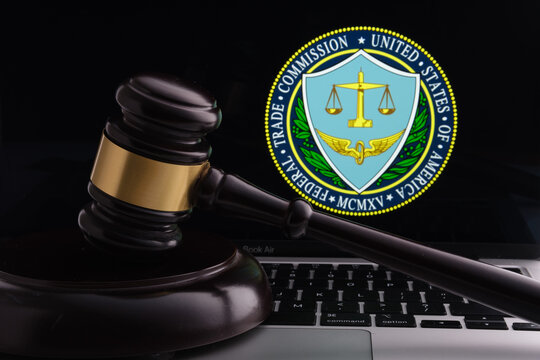
The Corporate Transparency Act is a new law that goes into effect January 1, 2024 and is designed to assist the federal government in its efforts to combat tax evasion, money laundering and other criminal financial activities. The law requires that “reporting companies” identify “beneficial owners” to the Financial Crimes Enforcement Network (FiNCEN). The purpose of this new law is to identify ownership of covered entities at the individual level.
Who is a Reporting Company Under the CTA
Reporting companies under the Corporate Transparency Act (CTA) include corporations, limited liability companies, limited partnerships, and any entity formed or created by a filing with a Secretary of State or its equivalent. In Pennsylvania, filing is with the Pa Department of State. Foreign business entities will also need to register as well. Even if you fall within the initial definition, there are 23 exemptions discussed in greater detail below. Sole proprietorships, general partnerships and certain trusts fall outside the scope of the CTA and therefore do not have to register.
Reporting Deadlines under the CTA
New Entities Formed After 1/1/2024
New business entities formed or registered to do business on or after January 1, 2024, that qualify as reporting companies must identify beneficial owners and company information to FinCEN within 90 days of formation.
Existing Entities
Business entities that were formed or registered to do business prior to January 1, 2024 will have one year to comply with the CTA.
Who are Beneficial Owners?
A “beneficial owner” is any individual who directly or indirectly owns or controls at least 25% of the ownership interests of a reporting company or exercises substantial control over a reporting company. Ownership interests are defined broadly under the CTA and include stock, interests, warrants, puts, calls etc.. and any other agreement or understanding used to establish ownership. Individuals exercise substantial control if any of the following are met:
- They hold a senior office or exercise the authority of a president, vice-president, general counsel, chief financial officer, regardless of title;
- They have the power to appoint or remove a senior officer;
- They direct or have influence over important decisions made by the reporting company; and
- They exercise any other form of substantial control over the reporting company.
The CTA requires the identification of not just officers and directors but the identification of all individuals who impact important decisions made by the reporting company. Remember, this law was designed to help fight against financial crimes and the intent is to identify who is pulling the strings behind the curtain.
Information Reporting Companies Must Report
Reporting Company information:
- Legal name and trade name;
- Current street address;
- Jurisdiction of formation; and
- Taxpayer Identification number
Beneficial Owner information:
- Legal name;
- Date of birth;
- Residential address (NOT business address);
- A unique identifying number from a non-expired document (driver’s license, passport etc…); and
- A copy of the document that the the unique number is from.
Exemptions from Reporting
There are 23 specific exemption categories under the CTA. Set forth below is a list of exemptions that will most likely affect most of those entities affected.
- Publicly traded companies;
- Companies already subject to federal reporting requirements (banks, investment houses etc…); and
- Companies that have (1) 20 or more full time employees, (2) previously filed federal tax returns and has 5M in gross US revenue, and (3) an operating presence in the United States.
Sanctions for Noncompliance
Sanctions for noncompliance with the CTA include civil penalties of up to $500 per day and fines of up to $10,000 or imprisonment for up to two years or both for willful violations.
Ensuring Compliance in the Future
Going forward business owners need to understand that if their business does not fall within one of the exemptions they are required to disclose identifying information regarding the true decision makers in the business. Failure to do so will result in substantial fines, penalties and even imprisonment for willful violations. Please understand that the above is meant to be used only as a summary of the CTA and is not an exhaustive list of all requirements as there is nuance that should be discussed with your business lawyer to ensure proper compliance. FiNCEN is expected to have an online filing system up and running by the 1/1/2024 effective date. If you have any questions regarding compliance, or any other aspect of your business, please feel free to contact Doug Leavitt at Anderson Leavitt.
This entry is presented for informational purposes only and is not intended to constitute legal advice.
